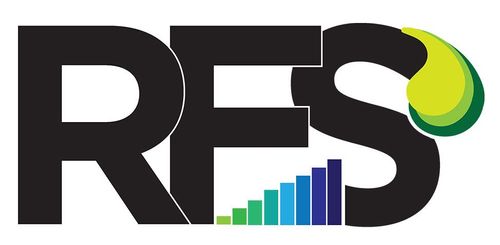RNG Coalition, ABC urge EPA to move forward with eRIN proposal

May 10, 2023
BY Erin Voegele
The Coalition for Renewable Natural Gas (RNG Coalition) and American Biogas Council on May 5 partnered with six other organizations to urge the U.S. EPA to promptly open the Renewable Fuel Standard to eligible sources of biobased electricity.
The RFS “set” proposed rule, issued by the EPA in December 2022, aims to set renewable volume obligations (RVOs) for 2023, 2024 and 2025. The proposed rule also aims to expand the RFS program beyond liquid renewable fuels to include certain types of renewable electricity used to fuel cars. Under the proposal, these electric renewable identification numbers (eRINs) could be generated for electricity produced from qualifying biogas and contracted for use in electric vehicle (EV) charging.
Advertisement
Advertisement
The RNG Coalition and ABC partnered with the Alliance for Automotive Innovation, Bridge to Renewables, The Business Council for Sustainable Energy, the Zero Emission Transportation Association, the National Milk Producers Federation, and the National Association of Clean Water Agencies to send a letter to EPA Administrator Michael Regan on May 5 urging the agency to move forward with its eRIN proposal.
The letter cites recent press reports that indicate the EPA may exclude or separate the eRIN provisions from the RFS “set” rule, which is set to be finalized in June. In the letter, the groups call on the EPA to finalize the eRIN framework as part of the RFS “set” rulemaking.
“Congress and EPA have clearly established a role for electricity in the Renewable Fuel Standard, and EPA’s eRINs proposal should not be further delayed or abandoned,” the groups wrote. “EPA approved the biogas electricity pathway in 2014, and Congress has expressed ongoing support for its implementation. The House and Senate Appropriations Committees, for example, have directed EPA to process electricity applications in annual reports dating back to 2018.
Advertisement
Advertisement
“EPA has long recognized the many environmental and economic benefits associated with eRINs, including critical reductions in greenhouse gas emissions,” they continued. “This long-awaited opportunity is timelier than ever. eRINs are complementary to other federal policies that encourage the production of renewable fuels and eRINs will directly support the electrification of the U.S. vehicle fleet. Collectively, we believe eRINs will support a broad market transformation of the electric vehicle and biogas power sectors.”
A full copy of the letter is available on the RNG Coalition website.
Related Stories
Reps. Mike Flood, R-Neb., and Troy A. Carter, Sr., D-La., on July 21 reintroduced the SAF Information Act. The bill directs the U.S. EIA to more explicitly include SAF data in its weekly and monthly reports.
The U.S Department of Energy Bioenergy Technologies Office, in partnership with the Algae Foundation and NREL, on July 21 announced the grand champion and top four winning teams of the 2023 - 2025 U.S. DOE AlgaePrize Competition.
The European Commission on July 18 announced its investigation into biodiesel imports from China is now complete and did not confirm the existence of fraud. The commission will take action, however, to address some systemic weaknesses it identified.
Kintetsu World Express Inc. has signed an additional agreement with Hong Kong, China-based Cathay Pacific Airways for the use of sustainable aviation fuel (SAF). The agreement expands a three-year partnership between the two companies.
On July 18, U.S. EPA announced a reduction in force (RIF) as the agency continues its comprehensive restructuring efforts. With organizational improvements, EPA is delivering $748.8 million in savings.
Upcoming Events










